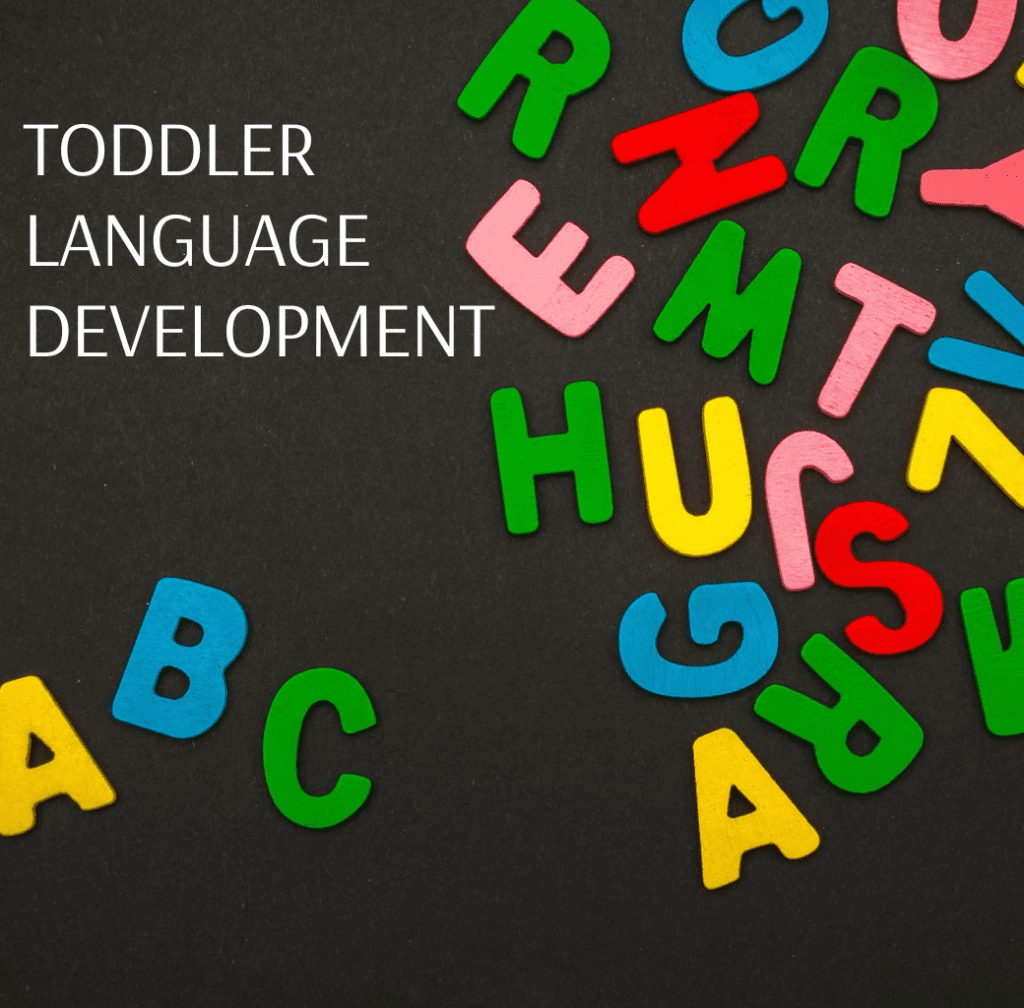
Introduction for Toddler Language Development
Toddlerhood is a crucial stage in a child’s development, marked by significant milestones in language acquisition. As toddlers explore the world around them, they embark on a journey of communication, from babbling their first sounds to forming coherent sentences. Understanding these milestones is essential for parents and caregivers to support and nurture their child’s language development effectively.
Table of Contents
Early Language Milestones
Early Language Milestones in Child Development
During the first few months of life, infants begin to produce vowel-like sounds known as cooing. As they approach six months, these sounds evolve into babbling, where consonant-vowel combinations emerge. Babbling lays the foundation for speech and language development, as infants experiment with different sounds and rhythms.
First Words
Around their first birthday, toddlers typically utter their first recognizable words. These may include simple nouns such as “mama” or “dada” and common objects in their environment. Celebrating these early attempts at communication encourages further language development and strengthens the parent-child bond.
Understanding Simple Commands
By the age of 18 months, toddlers demonstrate an understanding of simple commands and instructions. They can follow directions like “give me the ball” or “come here,” indicating comprehension of language beyond mere imitation. This milestone reflects their growing cognitive abilities and receptive language skills.
Vocabulary Expansion
Building a Toddler's Vocabulary
Language development milestones focus on a child’s ability to communicate effectively through spoken and written language. These milestones include skills such as babbling, saying first words, forming sentences, understanding grammar rules, and reading and writing. Language development is essential for academic success, social interaction, and self-expression.
You May Also Like To Read: Are You on the Hunt for the Ultimate Baby Carrier In 2024? Experience Joy! Dive Into Our Detailed Review!
As toddlers progress into their second year, their vocabulary expands rapidly. They acquire new words at an astonishing rate, learning approximately one to three words per day. Parents can facilitate this process by labeling objects, narrating daily activities, and engaging in conversations with their child.
Strategies to Encourage Language Development for Vocabulary Expansion in Toddlers
Encouraging language child development involves creating a rich and stimulating environment conducive to learning. Reading books together, singing nursery rhymes, and playing interactive games enhance vocabulary acquisition and foster a love for language. Providing opportunities for meaningful communication promotes confidence and fluency in toddlers’ speech.
Speech Development
Pronunciation and Articulation
During the toddler years, children refine their pronunciation and articulation skills. While their speech may still be unclear at times, they demonstrate improvement in enunciating sounds and forming words accurately. Encouraging proper mouth movements and modeling correct pronunciation aids in Toddler speech milestones.
Sentence Formation
By the age of three, toddlers begin to string words together to form simple sentences. These sentences may initially be short and telegraphic, such as “want milk” or “big doggie.” With practice and exposure to language-rich environments, toddler speech milestones progress from two-word phrases to more complex expressions.
Language Activities for Toddlers
Fun and Engaging Activities to Promote Language Skills
Engaging toddlers in language-rich activities promotes active learning and language acquisition. Simple activities like naming objects, playing with puppets, and engaging in pretend play stimulate Vocabulary expansion in toddlers and encourage communication. Incorporating sensory experiences and interactive play enhances language skills while making learning enjoyable for toddlers.
Importance of Play in Language Development
Play is a natural and essential component of toddlerhood, serving as a vehicle for language learning and social interaction. Through play, toddlers explore new words, concepts, and social roles, refining their language skills in the process. Encouraging imaginative play and providing opportunities for peer interaction support holistic language development.
Addressing Language Delay
Recognizing Signs of Language Delay
Language development milestones focus on a child’s ability to communicate effectively through spoken and written language. These milestones include skills such as babbling, saying first words, forming sentences, understanding grammar rules, and reading and writing. Language development is essential for academic success, social interaction, and self-expression.
You May Also Like To Read: “Sippy Cup Mastery: # Empowering for Parents with Tips for a Smooth Transition”
While each child develops at their own pace, persistent delays in Language milestones for toddlers may indicate underlying concerns. Signs of language delay include limited vocabulary, difficulty following instructions, and struggles with verbal communication. Early identification and intervention are crucial for addressing language delays effectively.
Seeking Professional Assistance
Parents concerned about their Toddler Speech Milestones should consult with a pediatrician or speech-language pathologist. These professionals can conduct assessments to evaluate language skills and recommend appropriate interventions. Early intervention programs, speech therapy, and specialized services help toddler communication skills overcome language delays and reach their full potential.
Bilingualism in Toddlers
Benefits of Raising Bilingual Toddlers
Growing up bilingual offers numerous cognitive, linguistic, and cultural advantages for toddlers. Bilingual children demonstrate enhanced executive functioning, cognitive flexibility, and metalinguistic awareness. They also develop a deeper appreciation for diverse cultures and languages, fostering global citizenship from an early age.
Tips for Fostering Bilingual Language Skills
To support bilingual language development, parents can create a language-rich environment that exposes toddlers to both languages regularly. Reading bilingual books, singing songs in multiple languages, and engaging in daily conversations provide valuable exposure to diverse language inputs. Embracing the family’s cultural heritage and celebrating linguistic diversity enriches the bilingual experience for toddlers.
Conclusion
Understanding and supporting toddler language development is vital for laying the foundation for lifelong communication skills. By recognizing and celebrating milestones, providing enriching language experiences, and seeking early intervention when needed, parents can empower their toddlers to become confident and proficient communicators.
FAQs
Encourage your toddler to communicate by talking to them frequently, asking open-ended questions, and responding enthusiastically to their attempts at speech.
Yes, it’s common for bilingual toddlers to mix languages as they navigate their linguistic repertoire. This code-switching is a natural part of bilingual language development.
If you’re concerned about your toddler’s speech development, consult with a pediatrician or speech-language pathologist for guidance and support.
Play serves as a natural context for language learning, providing toddlers with opportunities to explore, experiment, and communicate in meaningful ways.
Surround your toddler with language-rich experiences, including reading books together, singing songs, engaging in conversations, and exposing them to diverse language inputs.



Pingback: The Joys and Struggles of Parenting